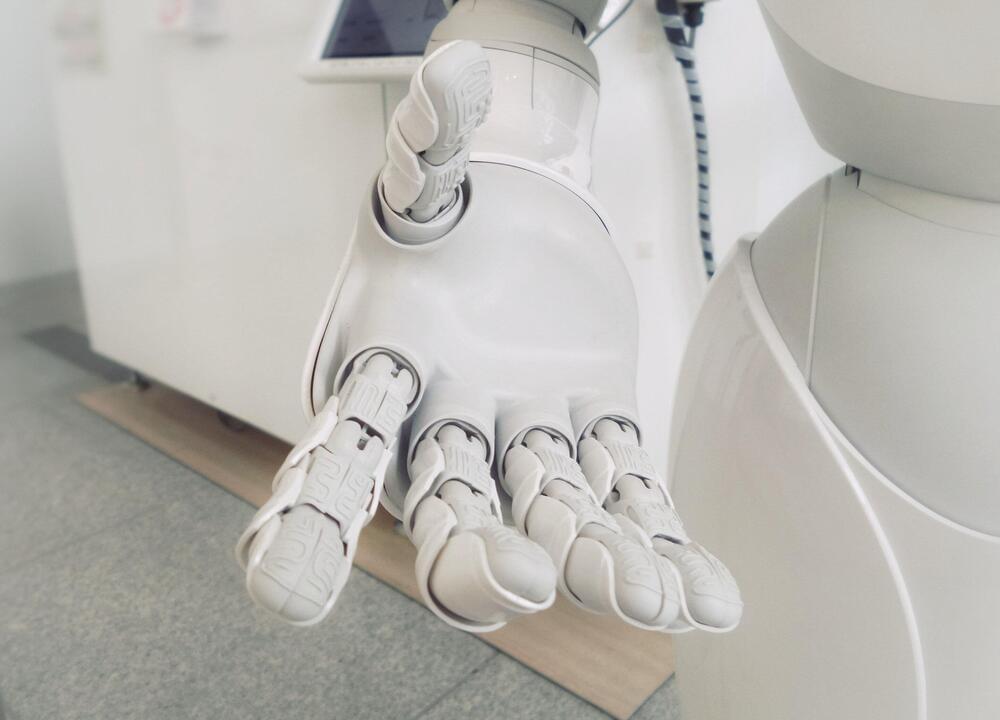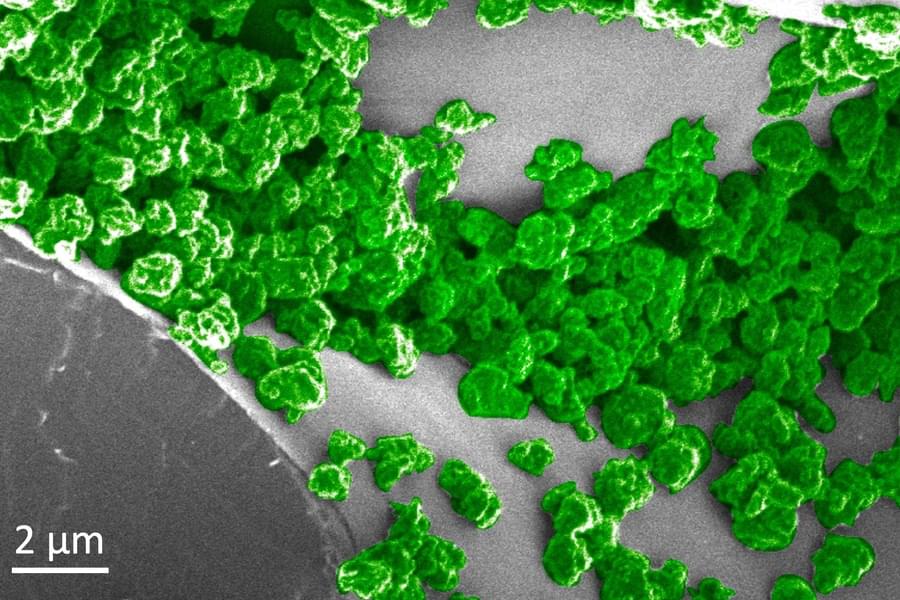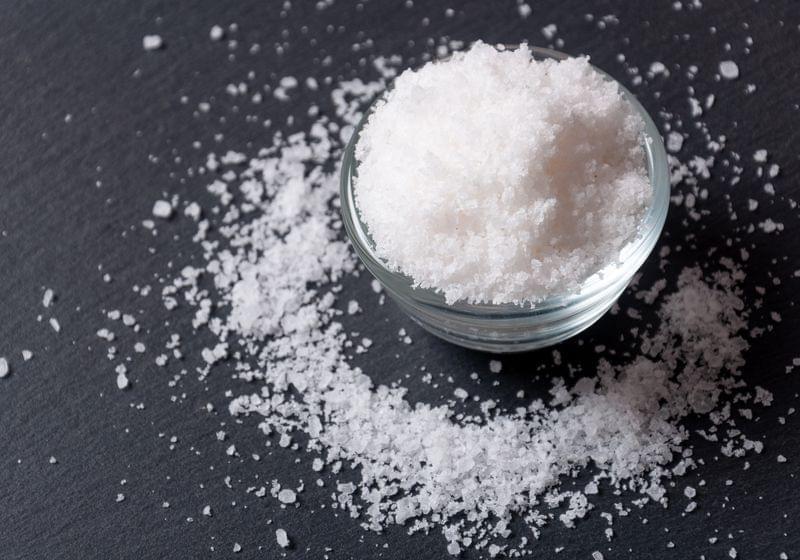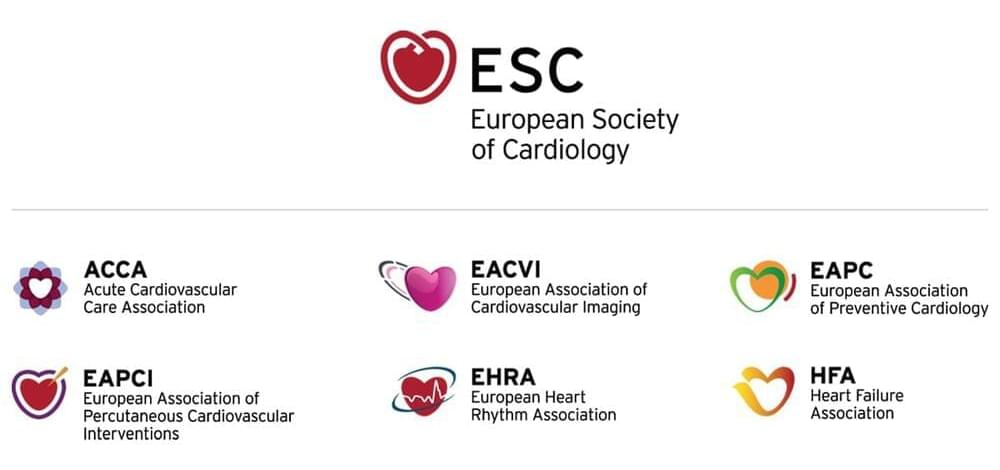An inexpensive oral anti-depressant can save the lives of COVID-19 patients and cut hospital admissions by up to 30 per cent, says a study co-led by McMaster University.
McMaster researcher Ed Mills and his team treated 738 randomly selected Brazilian COVID-19 patients with fluvoxamine, with another 733 received a placebo, between Jan. 20 to Aug. 6 of this year.
Every patient receiving fluvoxamine during the trial is tracked for 28 days to determine their health outcomes and if they still need hospital treatment. They found about a 30% reduction in events among those receiving fluvoxamine and those that did not.
The McMaster Faculty of Health Sciences specializes in health related fields such as: Nursing, Medicine, and Rehabilitation Sciences.







